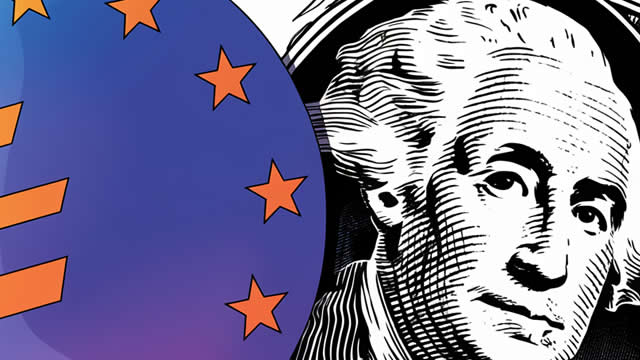Late Tuesday, the lower house of Switzerland’s Parliament voted against the Swiss government’s financial rescue package guarantee of 109 billion Swiss francs (about $120.5 billion) for Credit Suisse. However, voting was symbolic, as lawmakers cannot overturn the state’s commitment to the funds.
A Symbolic Vote in Swiss Parliament
The Swiss lawmakers are divided on their stance over the financial guarantee to Credit Suisse. While 102 Swiss parliamentarians voted against the government guarantees, 90 were in favor, and 3 abstained. The vote has sparked a debate among politicians, economists, and the public about the role of the government in bailing out large financial institutions.
Some argue that government intervention is necessary to prevent a financial crisis and protect the economy, while others believe that banks should be held accountable for their own actions and should not rely on taxpayer money for bailouts.
The vote in the Swiss Parliament is not legally binding, as the government has already committed to providing the financial guarantee to Credit Suisse. However, the symbolic nature of the vote reflects the growing concerns among lawmakers and the public about the risks associated with bailing out large banks.
Overall, the vote highlights the challenges faced by governments when dealing with financial institutions that are considered “too big to fail.” It raises questions about the effectiveness of government interventions in preventing financial crises and the need for stricter regulations to hold banks accountable for their actions.
How This Will Affect Me
As a consumer and taxpayer, the decision to provide a financial guarantee to Credit Suisse may have indirect implications for me. If the bank were to face financial difficulties despite the government’s support, it could lead to instability in the financial markets and potentially impact the overall economy. This could result in higher taxes or reduced government services to cover the costs of a bailout.
How This Will Affect the World
The Swiss Parliament’s vote against the financial rescue package for Credit Suisse could have global implications. If the bank were to falter despite the government’s support, it could send shockwaves through the financial markets and have ripple effects on economies around the world. Investors may lose confidence in the banking sector, leading to a domino effect on other financial institutions and markets.
In conclusion, the Swiss Parliament’s symbolic vote against the financial rescue package for Credit Suisse raises important questions about government interventions in the banking sector and the risks associated with bailing out large financial institutions. It highlights the challenges faced by governments in dealing with banks deemed “too big to fail” and underscores the need for greater transparency and accountability in the financial industry.





